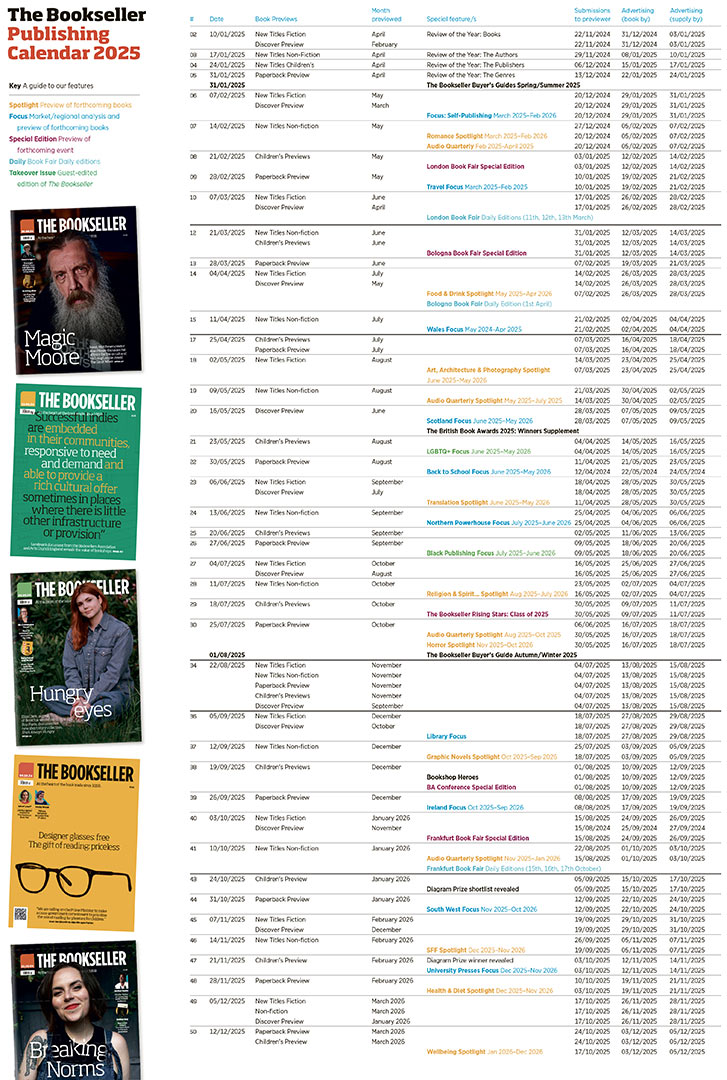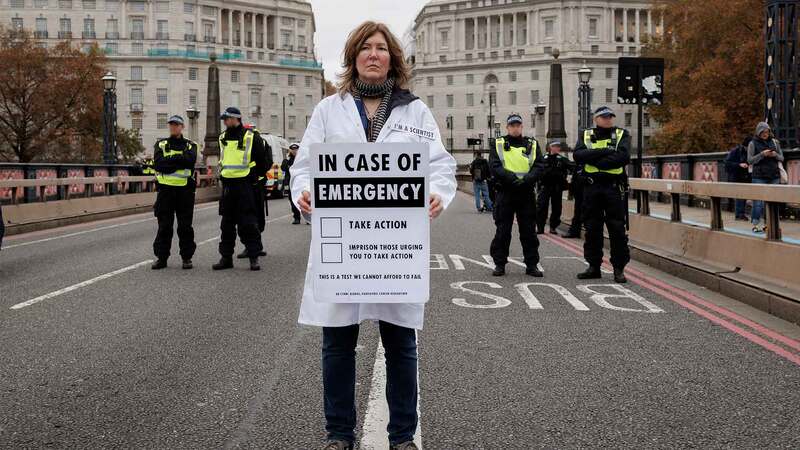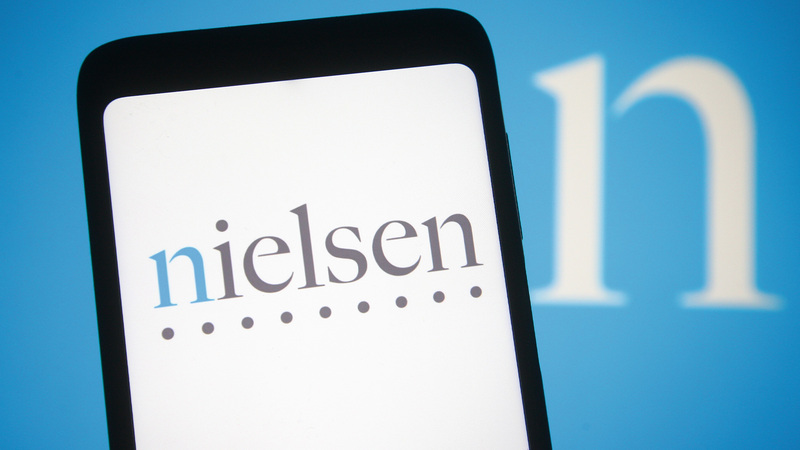You are viewing your 1 free article this month. Login to read more articles.
The Roll of a Dice: LGBT in Fantasy Fiction
I still play Dungeons & Dragons on occasion. Not nearly enough for my liking but so it goes. Our adventuring party is the usual cast of strangers: an elf monk who roams the forests; a human warlock in league with unsettling powers; a tiefling who prefers to let his crossbow do the talking; a charismatic dragonborn paladin obsessed with the end of the world; and of course, a lone drow with a curious fondness for halflings. This is not uncommon in Dungeons & Dragons, a diverse group of individuals coming together to face the many hardships of their quests, staring down death itself (with the roll of a dice).
What makes the gaming party more remarkable is the make up of its players is as diverse as the characters we play: rather than the heterosexual male gaming stereotype we are a mix of straight, gay, and lesbian players. A diverse group of individuals - reflective of the diverse society we live in - coming together to face the many hardships of their quests, staring down death itself (with the roll of a dice, and lots of snacks).
Dino, the protagonist of The Boy who Wept Blood, was always going to be gay. I can’t remember the moment I decided, shortly before the end of the first book was written. Dino is just old enough to be thinking about such things in the closing chapter of The Boy with the Porcelain Blade, which set me to thinking about who he was and what he wanted. I was aware of a scarcity of non-heterosexual characters in fantasy, which encouraged me to explore his sexuality in the next book.
Firstly, I’d just spent three-hundred pages with Lucien and all of his heterosexual longing. As a writer I wanted a new challenge, a new character, different motivations. There’s a common worry that men can’t write female characters, which I don’t subscribe to. I wasn’t going to let sexuality prevent me from depicting a new character on the page anymore than I would gender. I wanted to make sure that I did him justice, and that his sexuality felt believable.
Secondly, surely I have a commitment to write at least a handful of gay characters given the make up of my friends? Not just the people I game with, but everyone I know: gay, straight, bisexual, queer, asexual and undecided. I’ve always wanted my books to be accessible to everyone, not just your hardened fantasy fan. How are we not exhausted of watching our square-jawed straight, white, male win over the girl he loves by the final act?
Thirdly, seeing a character encountering the same problems that you do can be comforting, even inspiring. Homophobia is still prevalent in England. Further abroad, gay and trans people have been banned from owning driving licenses in Russia – an idea so chillingly bureaucratic it could have been lifted directly from Orwell’s 1984. The heart of The Boy who Wept Blood is tied up with Dino being asked to be what he is not: a bodyguard, an assassin, heterosexual. The tension and the misery created by living a lie can be powerful. It’s important to me that readers are encouraged to empathise with situations they might not experience themselves, through reading my novels. And it is important to me too that people can see their own experiences reflected on the page.
Spock/Kirk, Holmes/Sherlock, Captain/Bucky and the myriad variations of slash fiction cast a light on the popularity of same sex romantic and sexual pairings in fandom. It allows readers to explore different sexualities, because they are so underrepresented in mainstream media and culture. I wanted to write something which might go some way to readdressing that underrepresentation.
Lastly, there’s a trend in fiction where the antagonist is gay to mark him as other or unusual. Tropes include the Sissy Villain, the Depraved Bisexual and the Psycho Lesbian. These tropes only serve to entrench attitudes in the real world where it is wrong or ‘evil’ to be anything other that heterosexual. Having sympathetic gay, bisexual or asexual lead characters goes some way to combating these often insidious and flat out insulting two-dimensional characters.
I’m not doing anything groundbreaking here. You can read about Ringil "Angel Eyes" in Richard Morgan’s "A Land Fit for Heroes" series. You can read about Judah Low in China Miéville’s Iron Council. SFF has dozens of gay and bisexual characters throughout its colourful past. I wonder, though, if we couldn’t make more of a conscious effort to see more diverse groups of individuals, coming together to face the many hardships of their quests, staring down death itself (with the roll of a dice, lots of snacks, irrespective of what sexuality they are).
The Boy Who Wept Blood by Den Patrick is out today (29th January) from Gollancz for £14.99.















